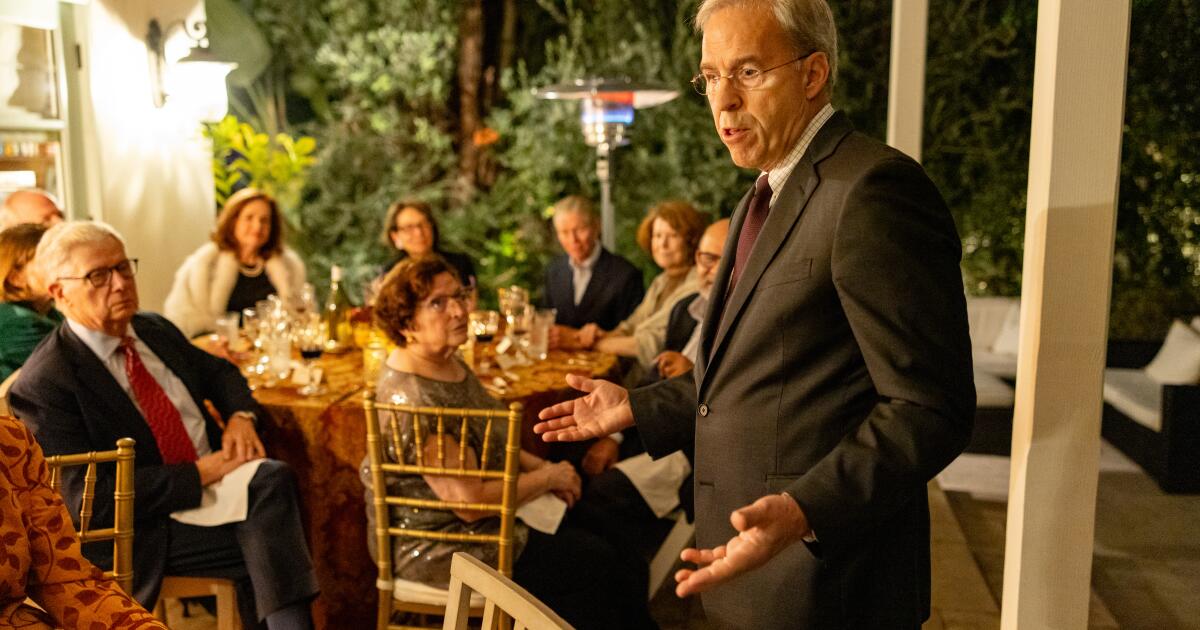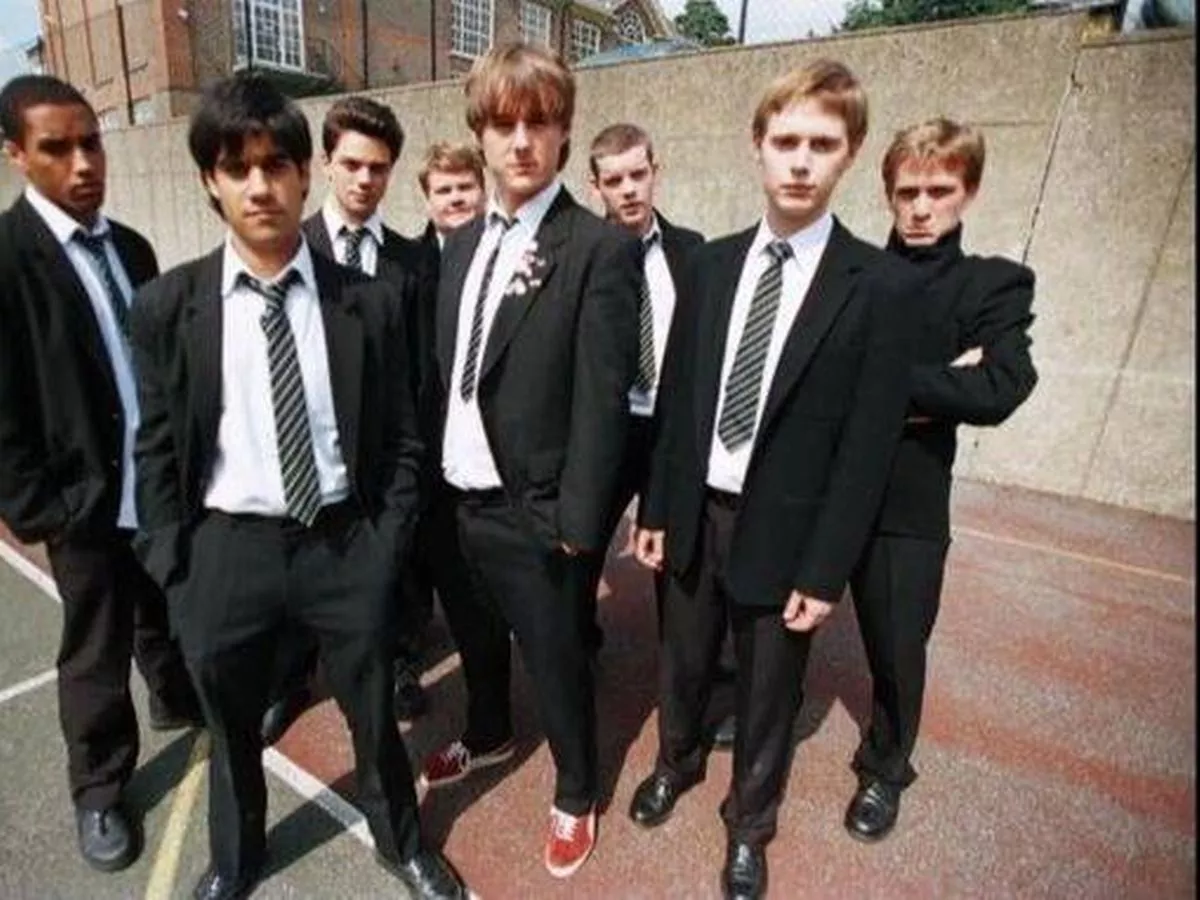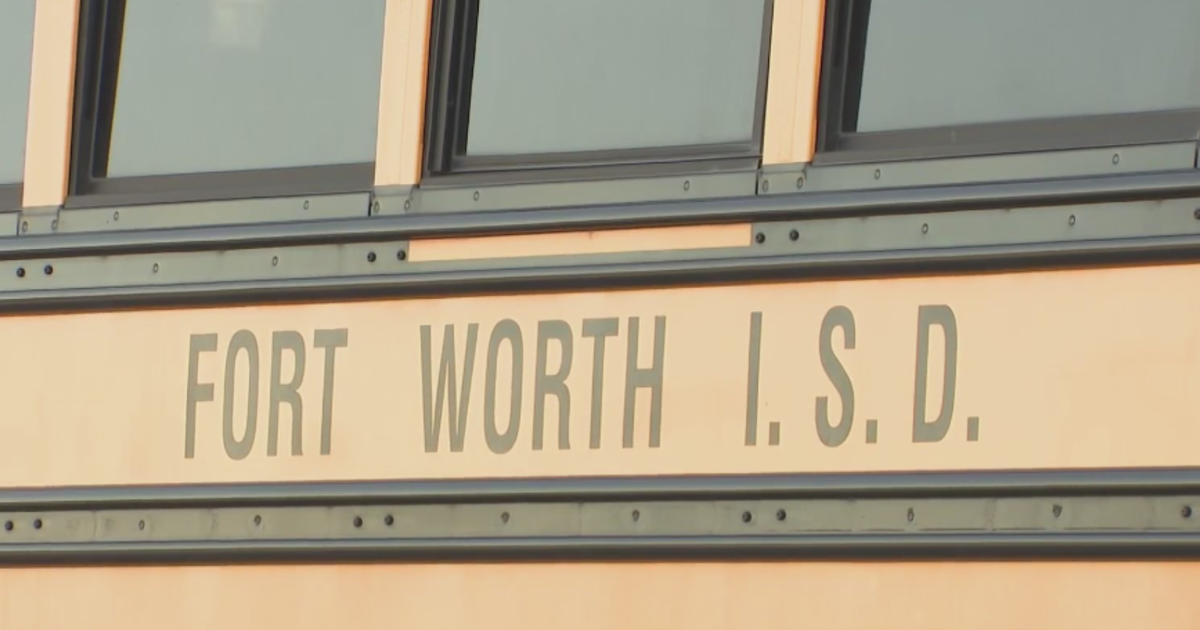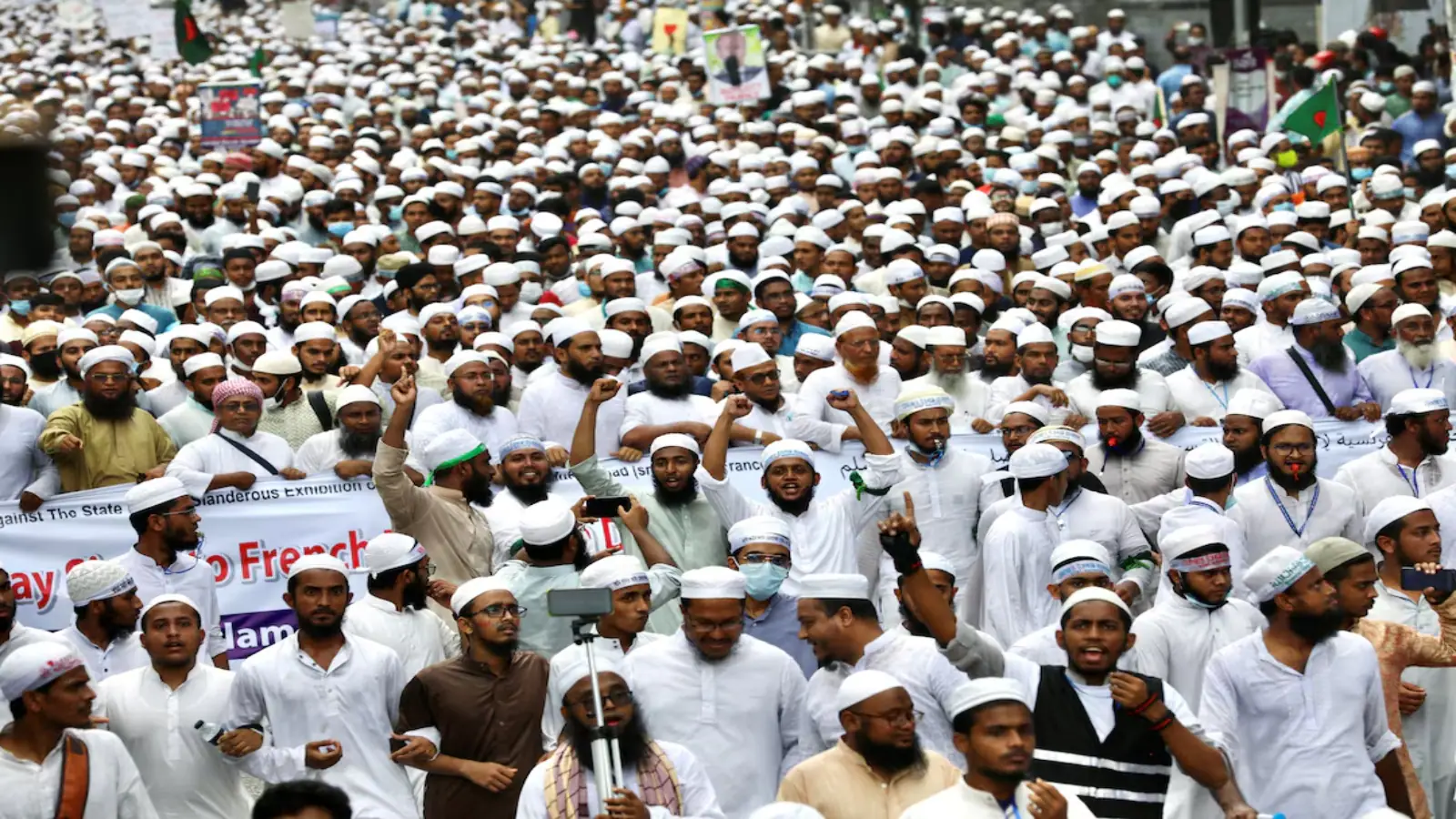Copyright Los Angeles Times

For a historian who writes about war, Rick Atkinson is surprisingly optimistic. The Pulitzer Prize-winning author and former journalist — who recently released the second volume in a trilogy of books about the American Revolution — believes that the bedrock of American democracy is solid enough to withstand any assaults on its founding principles. As the guest of honor at a Sunday night dinner sponsored by the Library Foundation of Los Angeles as part of its biennial Literary Feasts fundraiser, Atkinson was the most upbeat person at the event, which took place just before Election Day. Speaking to about 18 guests gathered around two circular tables carefully laid out on the back patio at the home of fellow writers and hosts Meenakshi and Liaquat Ahamed, Atkinson buoyed the flagging spirits of those certain that the country was currently dangling on the precipice of disaster at the hands of the Trump administration. “We’re the beneficiaries of an enlightened political heritage handed down to us from that founding generation, and it includes strictures on how to divide power and keep it from concentrating in the hands of authoritarians who think primarily of themselves,” Atkinson said with the cheery aplomb of a man who has spent the bulk of his time burrowing deep inside archives filled with harrowing stories of the darkest days the world has ever seen. “We can’t let that slip away. We can’t allow it to be taken away, and we can’t allow ourselves to forget the hundreds of thousands who’ve given their lives to affirm and sustain it over the past 250 years.” The questions and conversation that followed Atkinson’s rousing speech about the history of the Revolution — including riveting details about key players like George Washington who Atkinson noted had “remarkably dead eyes” in order to not give away a scintilla of his inner life to curious onlookers — was what the evening’s book-loving guests had come for. A total of 40 authors are hosted at salon-style events at 40 houses with more than 750 guests over the course of a single evening, raising more than $2 million for the Library Foundation, which is a separate entity from the public library. Founded in 1992 in the wake of the devastating 1986 fire at downtown’s Central Library, which destroyed more than 400,000 books, the foundation seeks to continue the community-driven mission of the library when funding runs short, including supporting adult education, early literacy programs for children, and services for immigrants and the unhoused. “I often describe it as the dream-fueling work, the life-changing work,” said Stacy Lieberman, the Library Foundation’s president and chief executive. “Because it’s a lot of the one-on-one support that people will get.” The Foundation typically raises about $7 million to $8 million a year, with an operating budget of nearly $11 million, so money raised through the Literary Feasts is a significant slice of the funding pie. The feasts began in 1997 and have continued apace every other year since then, featuring a who’s who of literary accomplishment across every genre. Writers past and present include Sue Grafton, Jane Fonda, Ann Patchett, Viet Thanh Nguyen, Abraham Verghese, Scott Turow and Michael Connelly. Dinner hosts fund the events themselves — no small outlay considering the lavish offerings. The Ahameds delighted guests with a tangy grapefruit and greens salad, followed by tender steak with roasted carrots, turnips and potatoes; a dessert of hot apple tart à la mode drizzled with caramel sauce; and plenty of crisp red and white wine. Both hosts are literary luminaries in their own right: Liaquat, a former investment manager, won the 2010 Pulitzer Prize for history for his book “Lords of Finance: The Bankers Who Broke the World” and Meenakshi recently published “Indian Genius: The Meteoric Rise of Indians in America.” The couple travels in bookish circles and enjoys hosting salons at their home, including one earlier this year in support of New Yorker political columnist Susan Glasser and her husband, New York Times chief White House correspondent Peter Baker. As friends of Atkinson, the Ahameds did their part to introduce him, and later tried their best to entice him to stop taking questions and eat his dinner. The guest of honor could not be persuaded. There was too much to say. “The Fate of the Day,” which explores the bloody middle years of the Revolution from 1777 to 1780, was released in April, and Atkinson has spent the past eight months touring and speaking on panels with documentarian Ken Burns to promote Burns’ six-part documentary series “The American Revolution,” which premieres Nov. 16 on PBS. Atkinson is a featured speaker in the series and has been involved with it for about four years. The week before the Literary Feast, Atkinson and Burns spoke to members of Congress in Washington, D.C., and also screened a 40-minute clip at Mount Vernon where Atkinson discussed Washington’s unique talents as a general. “I’ve seen the whole thing several times and it’s fantastic,” Atkinson said of the 12-hour film. “It’s as you would expect: beautifully filmed, wonderfully told, great narrative.” The country is now more than four months into its semiquincentennial, which Atkinson joked “sounds like a medical procedure,” but is actually the 250th anniversary of the founding of the United States. It’s well known that Trump is planning a splashy party, with festivities and commemorations intensifying over the next eight months, culminating in a grand celebration in Washington, D.C., on July 4, 2026. “My hope is that as a country, we use the opportunity to reflect on those basic questions of who we are, where we came from, what our forebears believed and what they were willing to die for,” said Atkinson. “I’m optimistic because I’m a historian, because I know our history. No matter how grim things seem in 2025, we have faced grimmer times in the past, existential threats of the first order, starting with the Revolution.” The politically deflated might also consider World War II — the subject of Atkinson’s Liberation Trilogy — the second volume of which won the 2003 Pulitzer Prize for history. The writer knows his stuff. Guests — and readers — take heart.



